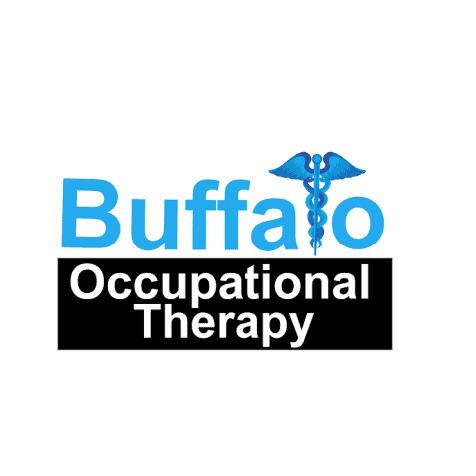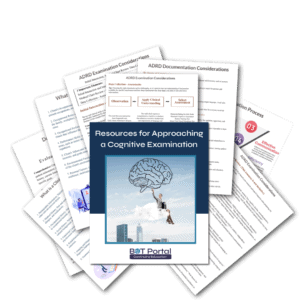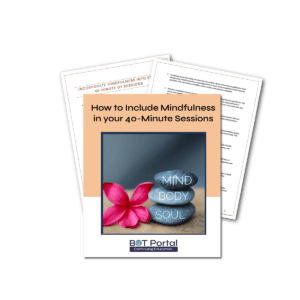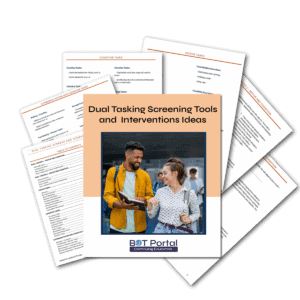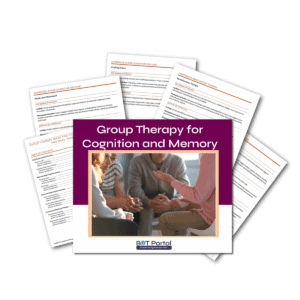
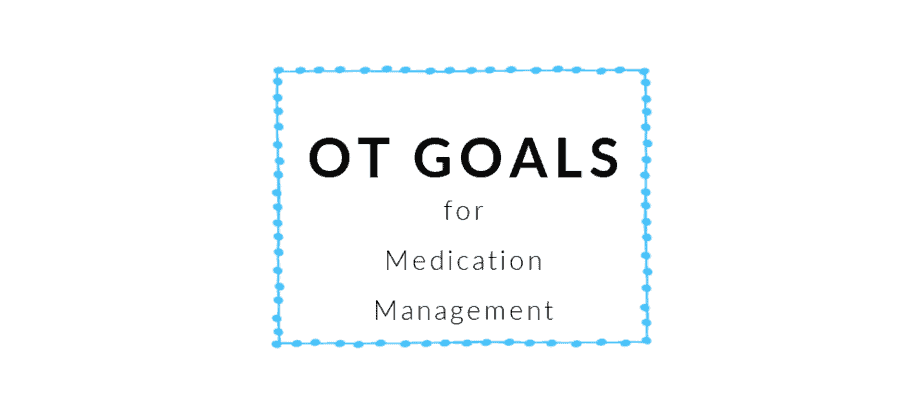
What is the Occupational Therapy Role in Medication Management?
In medication management, occupational therapists play a pivotal role in promoting medication adherence, optimizing medication routines, and addressing barriers to medication management.
- Assessment of Medication Management Skills: Occupational therapists conduct assessments to evaluate the individual’s understanding of medication regimen, ability to organize and administer medications, and adherence to prescribed medication schedules. They assess cognitive skills, executive functioning, sensory abilities, and physical dexterity related to medication management tasks.
- Education and Health Literacy: Occupational therapists provide education on medication use, including medication names, dosages, purposes, side effects, and administration instructions. They promote health literacy by helping individuals understand the importance of medication adherence, potential risks of non-adherence, and strategies for managing medications safely and effectively.
- Development of Medication Routines: Occupational therapists collaborate with individuals to develop personalized medication routines and strategies for integrating medication administration into daily routines. They assist with organizing medications in pill organizers, setting up reminder systems, and establishing routines for medication administration at consistent times each day.
- Adaptive Equipment and Assistive Technology: Occupational therapists recommend adaptive equipment and assistive technology devices to support medication management for individuals with physical or cognitive limitations. They may suggest pill organizers with compartments, automatic pill dispensers, pill crushers, or magnification devices to facilitate medication administration and organization.
- Cognitive and Executive Functioning Training: Occupational therapists provide cognitive rehabilitation interventions to address deficits in memory, attention, problem-solving, and decision-making that may impact medication management. They incorporate cognitive training exercises, memory aids, and compensatory strategies to improve the individual’s ability to manage medications independently.
- Home Environment Assessment: Occupational therapists assess the individual’s home environment to identify environmental barriers or challenges that may affect medication management. They make recommendations for environmental modifications, such as improved lighting, organization systems, or storage solutions, to enhance medication safety and accessibility.
- Collaboration with Healthcare Providers: Occupational therapists collaborate with healthcare providers, including physicians, pharmacists, and nurses, to ensure coordinated and comprehensive medication management. They communicate with other members of the healthcare team to address medication-related concerns, monitor medication efficacy and side effects, and adjust medication regimens as needed.
- Promotion of Self-Management Skills: Occupational therapists empower individuals to develop self-management skills and take an active role in their medication management. They teach problem-solving skills, decision-making strategies, and self-advocacy techniques to promote medication adherence, prevent medication errors, and enhance overall medication safety.
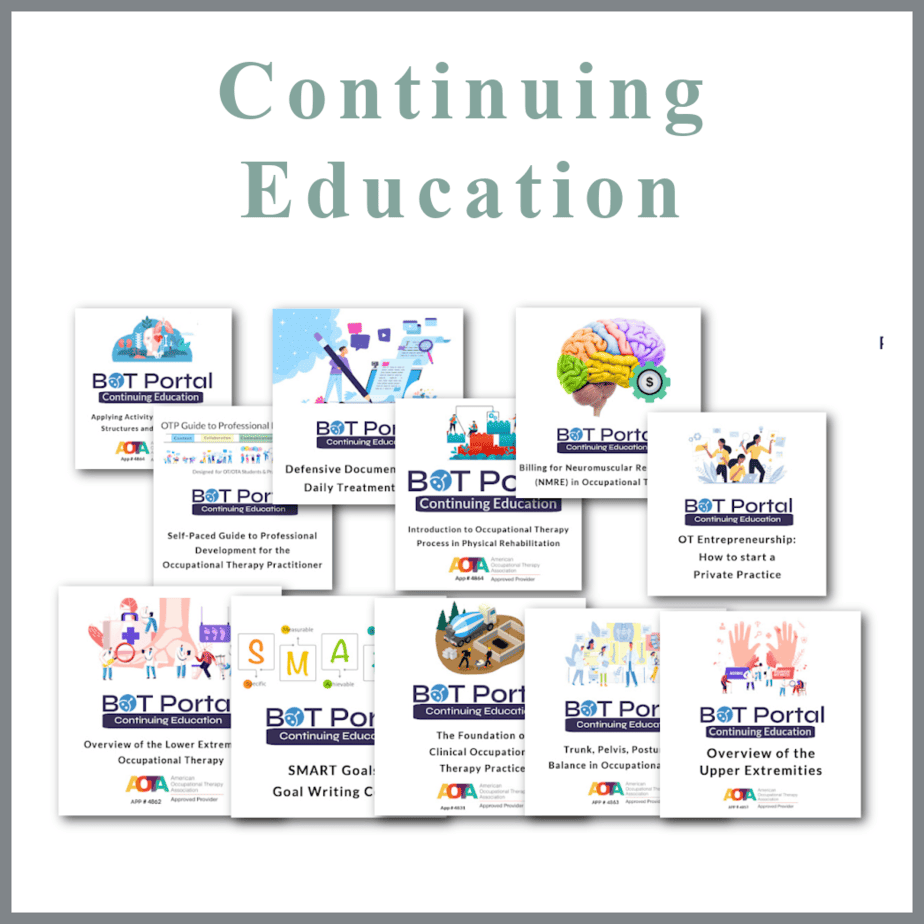



Membership Perks
Two Membership Options!
Your investment gives you resources to save you stress, self-doubt, and burnout as you become a confident and competent practitioner who can stand up for your professional point of view and scope of practice.
OT Goals for Medication Management
These are examples of what the BOT Portal Provides, and is not the complete list of goals. Do you love what you see?
Simple Goals for Medication Management
The patient will adhere to medication/treatment regimen without error, setup, or verbal direction for x/x consecutive days for xx weeks.
The patient [or caregiver] will demonstrate ability to manage anticoagulant therapy safely without error, setup, or verbal direction for x/x consecutive days for xx weeks.
The patient [or caregiver] will demonstrate understanding of current medications and side effects as well as proper techniques for organization and management of these medications as evidenced by simulated performance of regiment without errors or warranted verbal cues within [xx] weeks.
See more on the BOT Portal
Browse the Resource Store!
Don’t want to pay for each PDF individually? No problem! The BOT Portal Membership comes with all printable resources and more!
